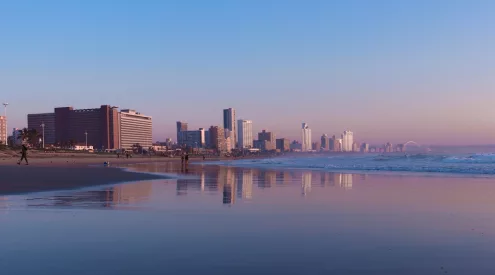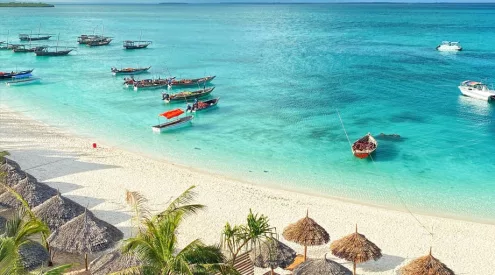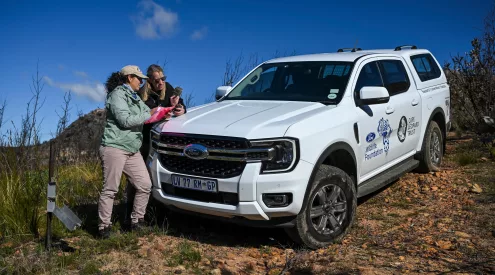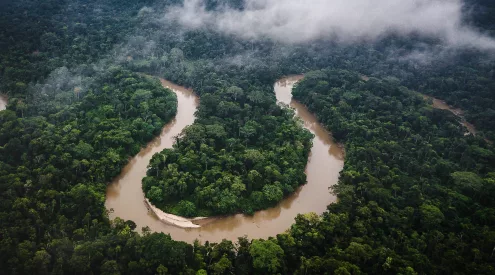In a bid to reduce its carbon footprint, a New Zealand advocacy group called Electric Island Waiheke is pushing to make Waiheke Island the first in the world to operate and commute entirely via electric vehicles (EVs) by 2030.
The future of electric cars is no longer speculation or the stuff of science fiction, and countries across the world, including Norway, Germany, India and the Netherlands, have already begun addressing the development of more sustainable long-term electric technologies.
Waiheke Island in the Hauraki Gulf near Auckland has an area of 92 square kilometres which, according to Vern Whitehead, Electric Island Waiheke’s spokesman and a motor industry writer, makes the island an ideal location for such a venture.
‘Our vision is to transition the island to cheap clean electric energy for all vehicles and equipment by 2030 (which would make it) the first major residential island in the world to achieve this goal,’ Whitehead told local media. ‘Waiheke is tailor-made for EVs with its limited roading network and short distances being travelled by tradies and commuters every day. On Waiheke the road runs out before your power does.’
Electric Island Waiheke chairman Max Parkin explains further: ‘On the island, you can do a maximum of 40-50 kilometres and you have gone around to the start again. Therefore, to have these small-range EVs [is] something we want to encourage.’
Parkin also expressed that he doesn’t anticipate this futuristic eco-venture to be funded by national government, and expects that the movement will be largely commercially-driven.
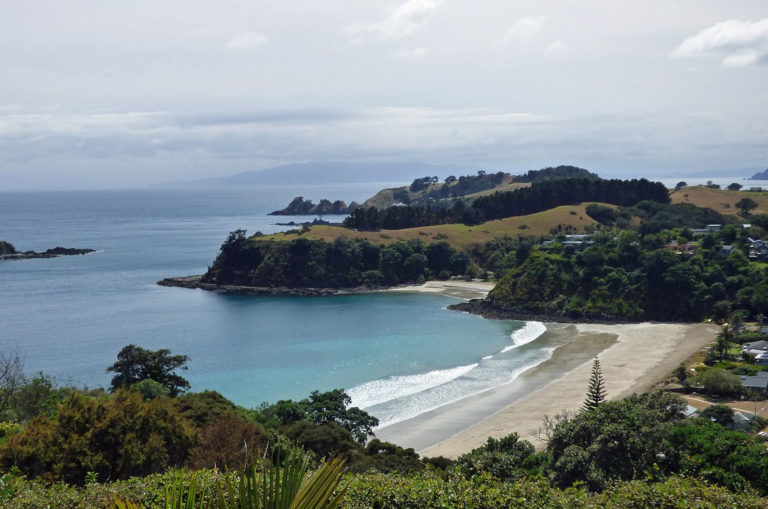
Little Palm beach on Waiheke.
Technology in this field is rapidly evolving. You may have heard of innovations like luxury electric mobile travel suites, or that major Norwegian cruise liners will soon be running on a hybrid of huge renewable battery packs and biogas, and that Elon Musk has even sent one of his Tesla cars into space; but the trend hasn’t quite taken off as these vehicles are still quite expensive for the general public, as well as infrastructural upgrades to accommodate them.
Just over one per cent of the 7,000 vehicles on Waiheke Island are electric, but the island relies on the electricity wired to it from Auckland; however, the amount received is not adequate. Annually, Waiheke locals earn significantly less compared to their Kiwi countrymen and -women, and so the costs of purchasing a pricey new electric vehicle is not feasible coupled with the burdened electricity system which is already at full capacity. Charging the vehicles would likely still be an extra household utility expense if not subsidised by the local government, and accessible charging points would need to be available to the public.
Apart from these practical hurdles and domestic concerns, the islanders have certainly got a few other factors to motivate them to turn to green electric vehicles.
Waihekians pay quite a bit more just to fill their ordinary vehicles as the petrol on the island is the most expensive in the whole of New Zealand.
From EVANNEX Tesla News on Vimeo.
This second-largest island in the Hauraki Gulf is also a popular tourist destination, and Electric Island Waiheke favours an all-electric motoring effort as a more sustainable tourism practices to better manage the influx. While electric scooters are available for hire on the island, the majority of its visitors commute via tour buses that operate on diesel, and the toxic emissions are not only bad for the environment but highly carcinogenic.
The environmental costs of going green are not entirely squeaky clean, however. Electricity supply is not merely an infrastructural hurdle but also one that may come at a great cost where mining and manufacturing is concerned. Production of batteries and the sourcing of critical materials for components for renewable batteries strong enough to power a vehicle involve industrial and mining processes that tend to wreak havoc on the environment in terms of carbon emissions and pollution.
While the long-term benefits of an EV-only island are well worth the investment, Electric Island Waiheke and all prospective green-electric movers and shakers around the world will have to consider their electricity infrastructures and the environmental factors involved in getting such a project off the ground.
Featured image: Pixabay

